Our Speakers 2022
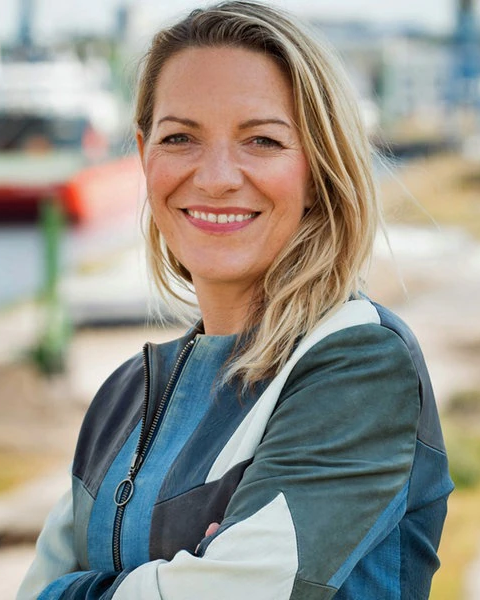
Antje Boetius
Director of the Alfred Wegener Institute, Helmholtz Centre for Polar and Marine ResearchAntje Boetius is a polar and deep-sea researcher and director of the Alfred Wegener Institute Helmholtz Centre for Polar and Marine Research. As Professor of Geomicrobiology and Head of the Joint Research Group for Deep-Sea Ecology and Technology at the Max Planck Institute for Marine Microbiology, she is involved in the MARUM Cluster of Excellence at the University of Bremen. Boetius has participated in 50 expeditions on international research vessels. Her recent research focuses on the effects of climate change on the Arctic Ocean and the biodiversity of the deep sea. She is the recipient of the DFG's Gottfried-Wilhelm-Leibniz and Communicator Prizes, the German Environmental Award 2018 and was awarded the Federal Cross of Merit in 2019 amongst many other merits. She is member of the National Academy of Sciences Leopoldina and other national and international academies and an active science communicator.
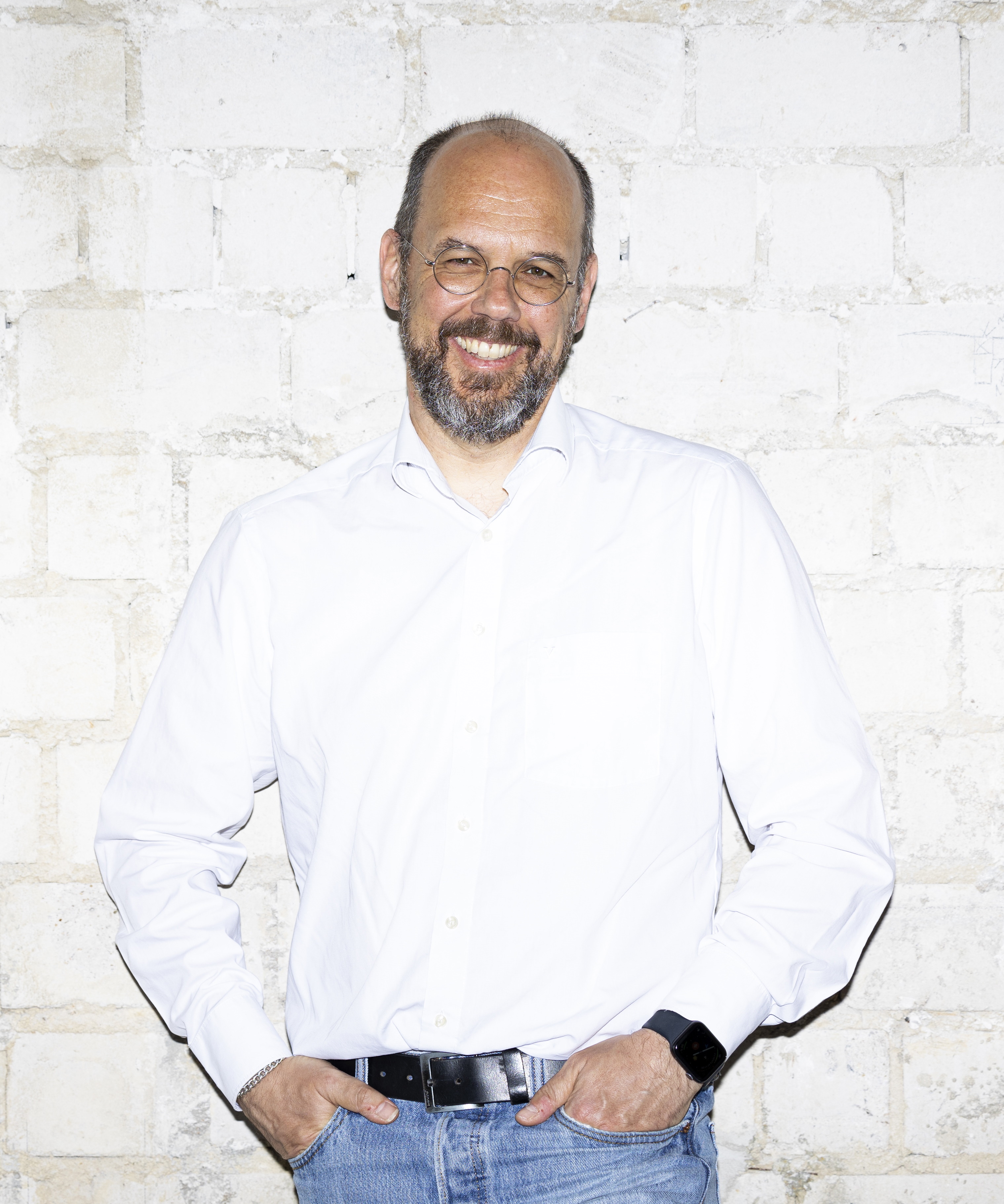
Tommaso Calarco
Director, Institute for Quantum Control, FZ JülichProf. Dr. Tommaso Calarco has pioneered the application of quantum optimal control methods to quantum computation and to many-body quantum systems. Currently, the Director of the Institute for Quantum Control of the Peter Grünberg Institute at Forschungszentrum Jülich and Professor of Quantum Information at the Institute of Theoretical Physics of the University of Cologne, Tommaso received his PhD at the University of Ferrara and started to work as a postdoc in the group of P. Zoller at the University of Innsbruck. He was appointed as a Senior Researcher at the BEC Centre in Trento in 2004 and as a Professor for Physics at the University of Ulm in 2007, where he then became Director of the Institute for ComplexQuantum Systems and of the Centre for Integrated Quantum Science and Technology. He authored in 2016 the Quantum Manifesto, which initiated the European Commission’s Quantum Flagship initiative, and is currently the Chairman of one of the Flagship’s Governing Bodies: The Quantum Community Network (QCN). In 2020, together with the QCN, he launched an initiative towards the creation of a consortium of European quantum industries, which has been legally established in 2021 under the name of European Quantum Industry Consortium (QuIC).
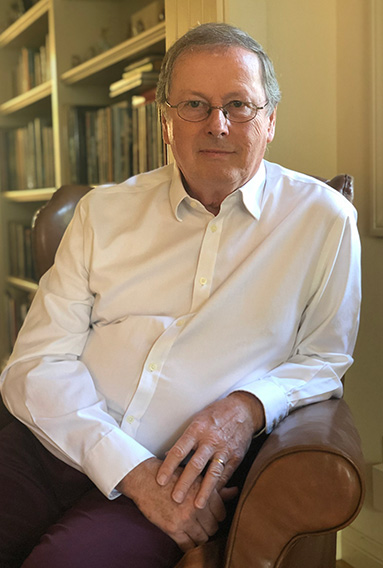
Anthony Cheetham
Research Professor, Materials Department, UC Santa BarbaraProfessor Sir Tony Cheetham is a Research Professor at the University of California, Santa Barbara, and a Distinguished Visiting Professor at the National University of Singapore. He was formerly the Goldsmiths’ Professor of Materials Science at the University of Cambridge (2007-2017) and the Treasurer and Vice-President of the Royal Society (2012-2017). Cheetham’s research in Materials Chemistry spans both inorganic materials and metal-organic frameworks, and he makes extensive use of major synchrotron X-ray and neutron facilities. He is a member of several national academies, including the Royal Society, the Leopoldina, the World Academy of Sciences (TWAS), and the American Academy of Arts and Sciences. Beyond the laboratory, Cheetham was the Science Advisor to the Board of Unilever (2000-2008), a co-founder of the venture capital fund, NGEN, and has been the Science Advisor to Sheikh Saud bin Saqr Al Qasimi, Ruler of Ras al Khaimah, UAE, since 2007.
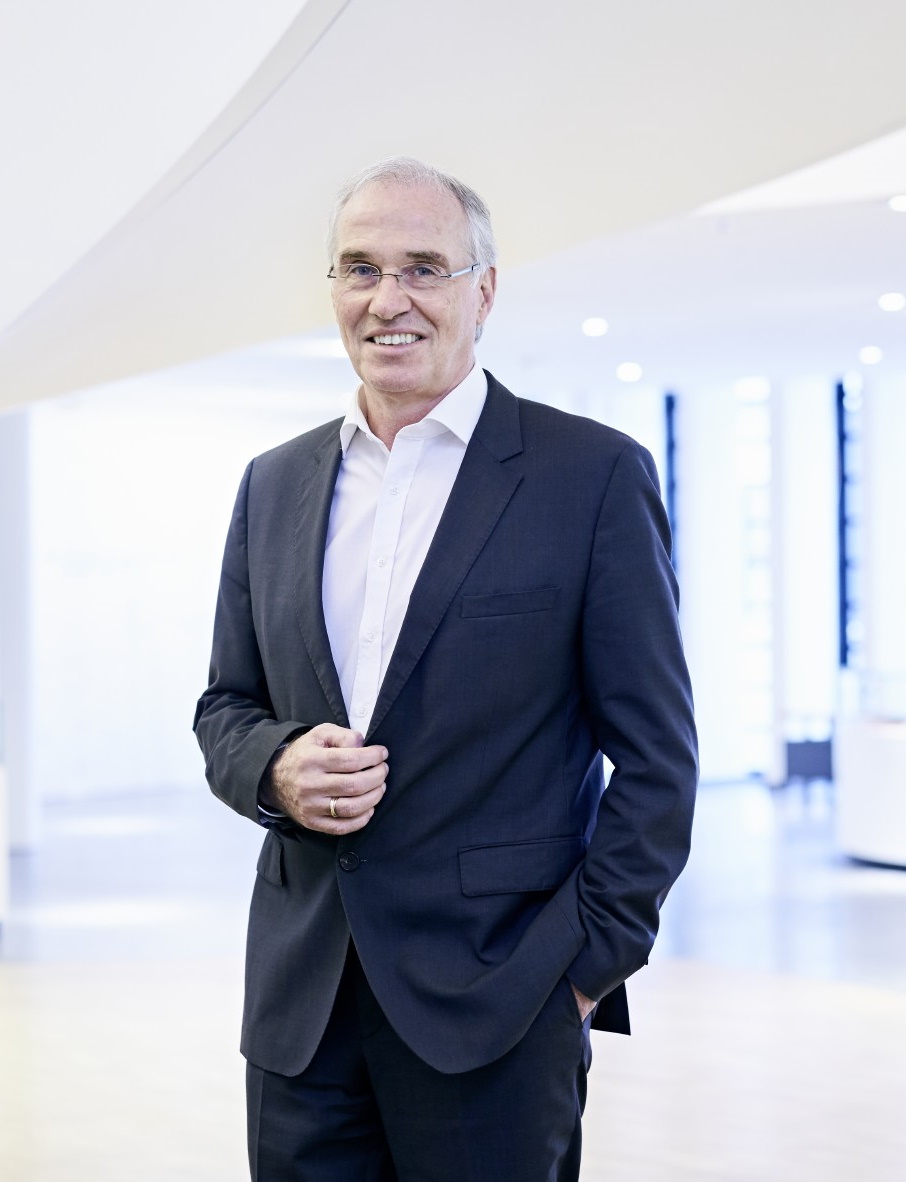
Helmut Dosch
Chairman of the DESY Board of DirectorsHelmut Dosch, born in 1955, is a solid-state physicist and Chairman of the Directorate of the Deutsches Elektronen-Synchrotron (DESY) in Hamburg. After studying and obtaining his doctorate in physics in Munich and working at Cornell University and the University of Wuppertal, among other places, he was Director at the Max Planck Institute for Metals Research in Stuttgart before moving to Hamburg in 2009. He is an expert in the use of synchrotron radiation for researching surface and interface phenomena. Dosch became internationally known for his pioneering work in the field of phase transitions at surfaces, especially for his work on the surface melting of ice and on critical phenomena at alloy interfaces. Dosch received several awards for his research work, including the Röntgen plaque of the city of Remscheid. Helmut Dosch is a member of the National Academy of Sciences Leopoldina, the German Physical Society (DPG), the European Physical Society (EPS) and the International Union of Pure and Applied Chemistry (IUPAC). He also serves as an advisor to the Board of Governors, Argonne National Laboratory, University of Chicago and BESAC Committee of the Department of Energy (DOE) Washington, among others. Prof. Dosch is Vice President of the Helmholtz Association for the Research Field Matter.
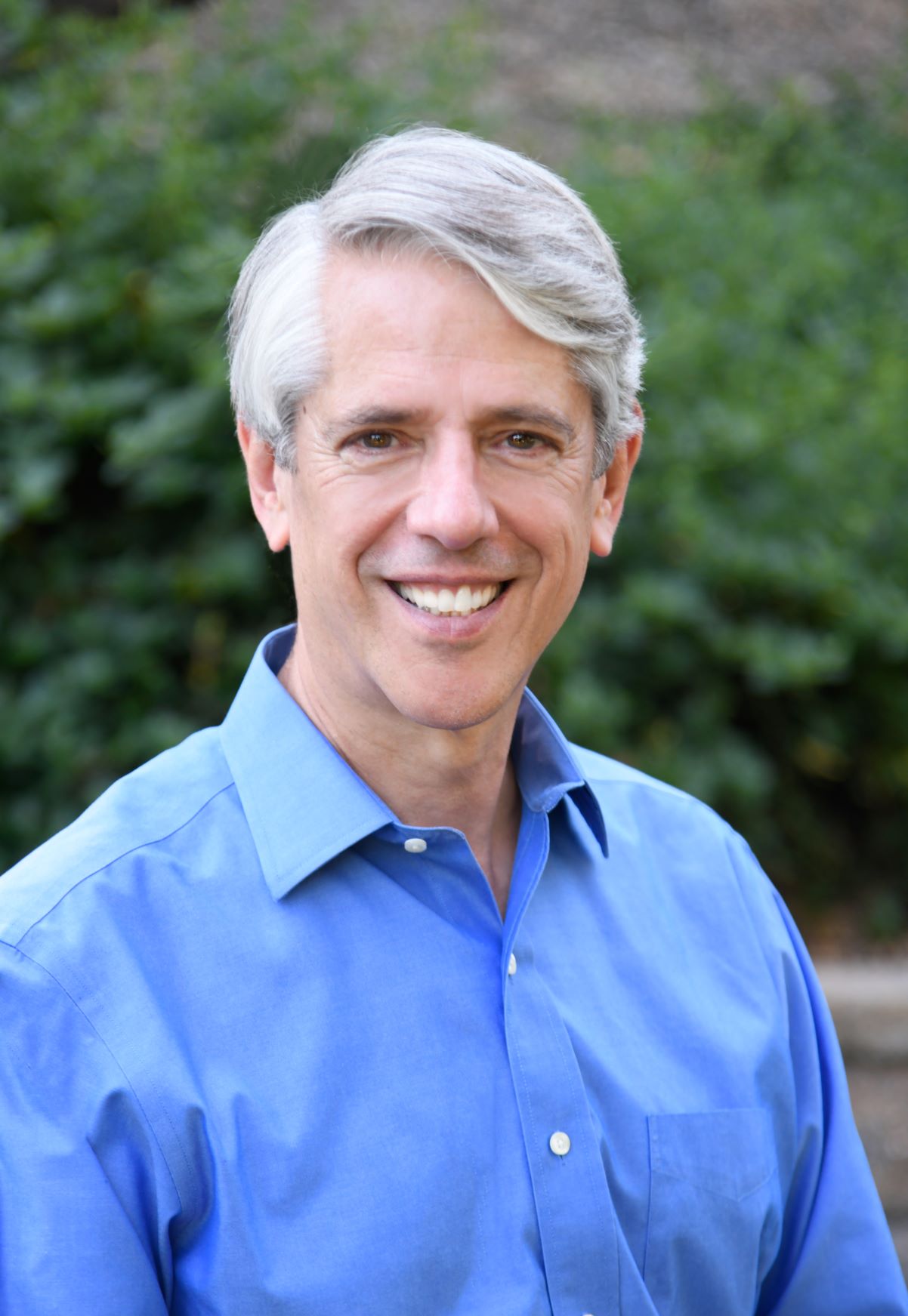
Roger Falcone
Professor at UC Berkeley Past President of the American Physical Society APSRoger Falcone is a Professor of Physics at the University of California, Berkeley. He has served as Chair of that department, Director of the Advanced Light Source synchrotron facility at Lawrence Berkeley Laboratory, and President of the American Physical Society. Falcone is a member of the National Academy of Sciences and the American Academy of Arts and Sciences. He chairs the advisory board for the Paul Scherrer Institute, the International Scientific Advisory Committee for ELI Beamlines, and the DOE LaserNetUS Science Advisory Board. He co-chairs the NSF MPS Facilities and Major Research Infrastructure Subcommittee, and is a member of the European Union ELI ERIC International Scientific and Technical Advisory Committee, the Advisory Committee for the French Apollon Research Infrastructure, and the External Advisory Committee of the NSF National High Magnetic Field Laboratory.
Fabiola Gianotti
Director-General, CERNFabiola Gianotti is the Director-General of CERN, the European laboratory for particle physics.
She received a Ph.D. in experimental particle physics from the University of Milano, Italy. Since 1994 she is a research physicist at CERN, and since 2013 an honorary Professor at the
University of Edinburgh. She is a foreign member of several academies, including the Italian Academy of Sciences, the National Academy of Sciences of the United States, the French Academy of Sciences, and the Royal Society, London. Dr Gianotti has worked on several CERN experiments, covering detector R&D and
construction, software development and data analysis. A large part of her work was devoted to the search for the Higgs boson. From March 2009 to February 2013 she held the elected
position of project leader (”Spokesperson”) of the ATLAS experiment. On 4 July 2012 she presented the ATLAS results on the search for the Higgs boson in a seminar at CERN that saw the formal announcement of the discovery of this particle by the ATLAS and CMS experiments. She received 14 honorary doctoral degrees from universities from all over the world.
Since 1 January 2016 she is the Director-General of CERN, the first woman appointed to this role and the first Director-General to be re-appointed for a second full term of office.
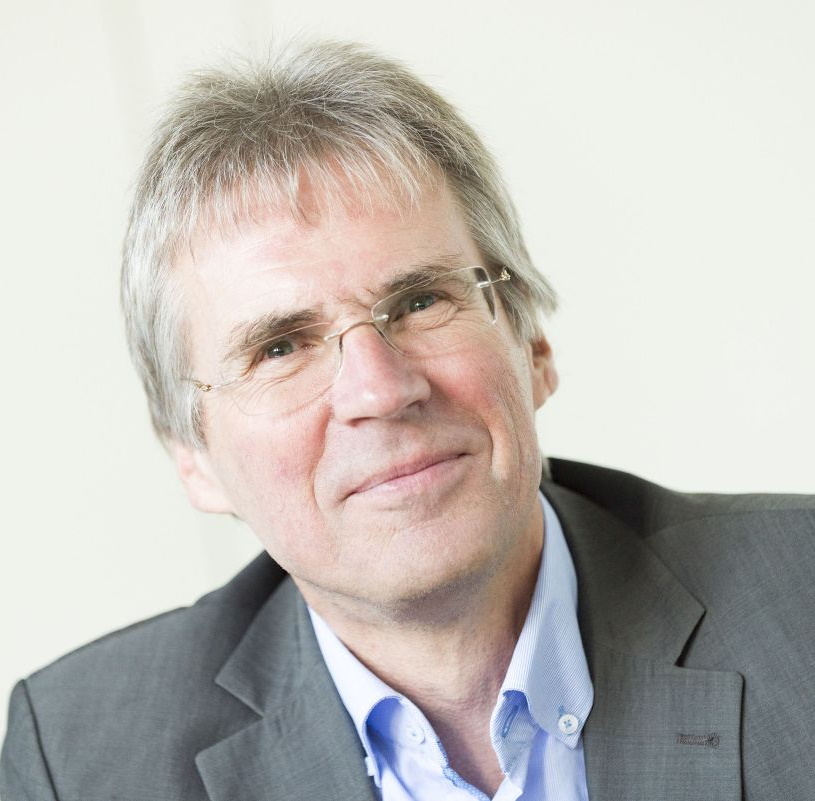
Holger Hanselka
President, Karlsruhe Institute of TechnologyProfessor Dr.-Ing. Holger Hanselka was born in 1961. He studied mechanical engineering at Clausthal University of Technology. In 1988, he joined the German Aerospace Center (DLR) as a research assistant, specializing in lightweight construction and fiber composites. After a professorship at Otto-von-Guericke University in Magdeburg, he was appointed Director of the Fraunhofer Institute for Structural Durability and System Reliability and Head of the Institute for System Reliability and Machine Acoustics at TU Darmstadt in 2001. From 2006 to 2012, Hanselka was a member of the Presidential Council of the Fraunhofer Gesellschaft and held the office of Vice President of TU Darmstadt from 2010 until he moved to Karlsruhe.
Since October 1st, 2013, Holger Hanselka has been President of KIT and also Chief Information Officer. Hanselka is also Vice-President Research Field Energy of the Helmholtz Association.
Since 2018 he was member of the steering committee of the Platform for Learning Systems (Federal Ministry of Education) and since 2019, he is member of the steering committee of the Science Platform on Climate Protection (Federal Ministry of Education and Research, and Federal Ministry for the Environment, Nature Conservation and Nuclear Safety). From 2019 to 2021, Hanselka was also member of the Hightech Forum (Federal Ministry of Education and Research).

Mohamed H.A. Hassan
President of The World Academy of Sciences (TWAS)Current positions:
President of The World Academy of Sciences (TWAS), Italy; President of the Sudanese National Academy of Sciences (SNAS), Sudan; Chairman of the Governing Council of the United Nations Technology Bank for the Least Developed Countries, Turkey and Chairman of the International Advisory Board of the Centre for In- ternational Development (ZEF), Germany.
Member of the Board of Directors of Grand Challenges Canada ( GCC ), Canada; the Board of Trustees of Bibliotheca Alexandrina, Egypt; the Council of Science and Technology in Society (STS) Forum, Japan; and the Steering Committee of the World Science Forum, Hungary.
Academic Achievements:
He has a long list of publications in Theoretical Plasma Physics and Fusion Energy; Wind Erosion, Dust and Sand Transport in Dry Lands. He also published several articles on STI in the Developing World.
Among his honours: Comendator, Grand Cross, and National Order of Scientific Merit, Brazil; and Officer, Order of Merit of the Italian Republic. He is a recipient of the G77 Leadership Award and the Abdus Salam Medal for Science and Technologyu.
He is a member of several merit-based academies of science, including, TWAS; the African Academy of Sciences; the Islamic World Academy of Sciences; Academia Colombiana de Ciencias Exactas, Físicas y Naturales; Académie Royale des Sciences , Belgium; Pakistan Academy of Sciences; Academy of Sciences of Lebanon; Cuban Academy of Sciences; academy of Sciences of South Africa; the Pontifical Academy of Sciences and Hassan II Academy of Science and Technology.
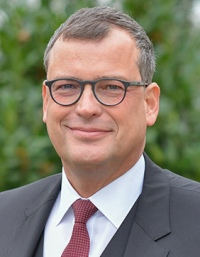
Gerald Haug
President, Leopoldina AcademyGerald Haug is a paleoclimatologist, marine geologist and paleoceanographer. He studies the development of the Earth climate over thousands to millions of years. He analyses sediment cores from the sea floor and lakes, amongst several other climate archives. The chemical composition of the different sediment layers provides clues to the prevailing climatic conditions at the time of deposition. This allows quantitative reconstructions of past climate conditions and the underlying processes in the ocean, atmosphere and climate system.
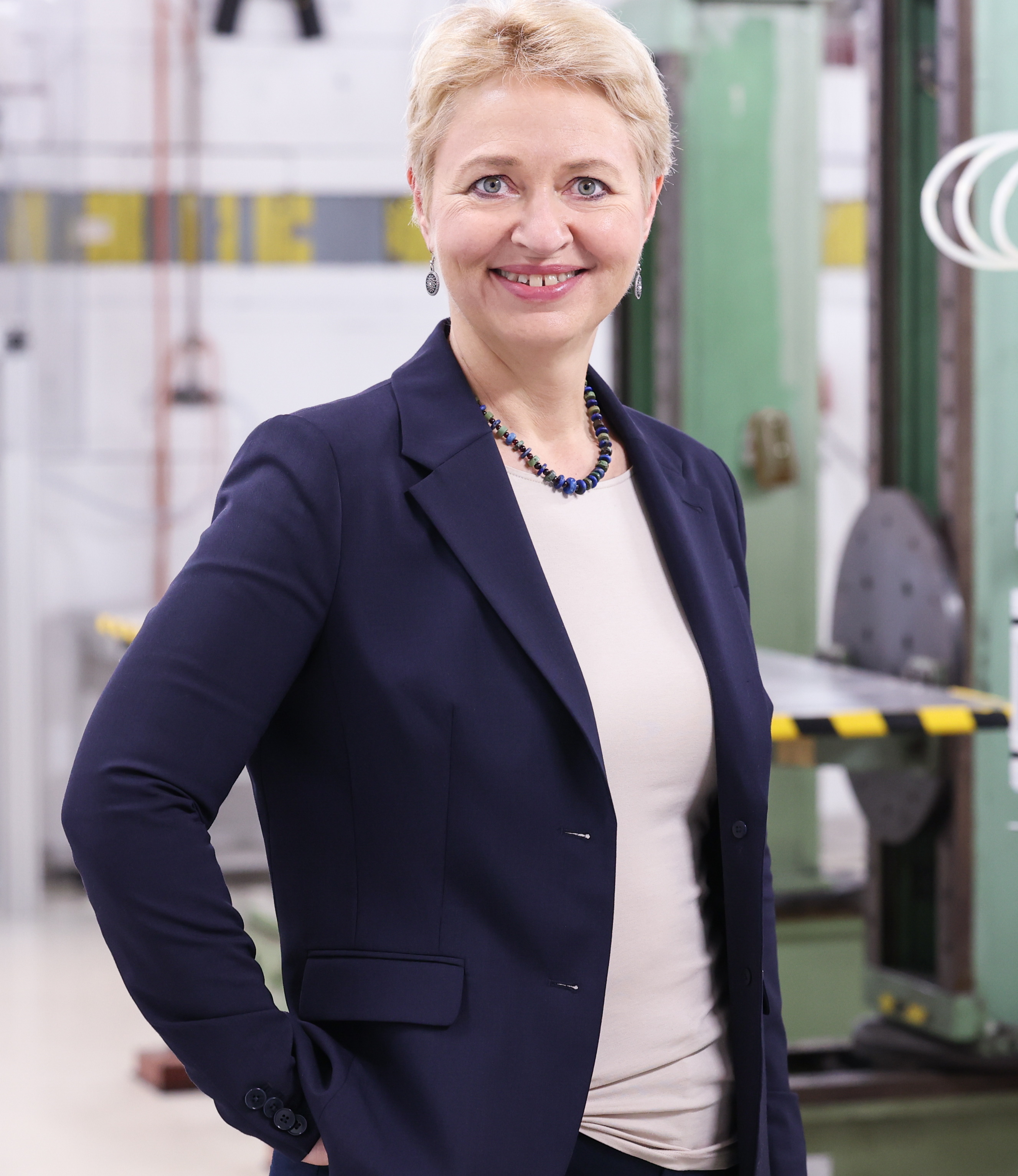
Beate Heinemann
Beate Heinemann, Director in charge of Particle Physics, DESYBeate Heinemann received her PhD at the H1 experiment at DESY's HERA accelerator and worked, among others, at the CDF experiment at Fermilab and ATLAS at the Large Hadron Collider at CERN, employed initially at the University of Liverpool (UK) and later at the University of California, Berkeley (USA). In 2017, she became a leading scientist at DESY and a professor of experimental particle physics at the Albert Ludwigs University of Freiburg. Beate Heinemann has been Director of Particle Physics since February 2022.
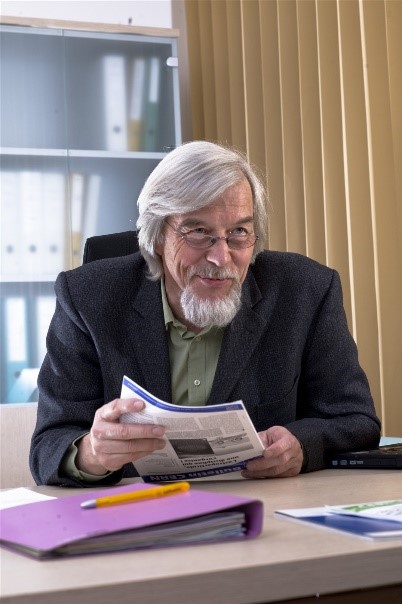
Rolf Heuer
President of the Council, Synchrotron-light for Experimental Science and Applications in the Middle EastProf. Heuer is an experimental particle physicist and most of his scientific work has been related to the study of electron-positron reactions, development of experimental techniques, as well as construction and running of large detector systems. He was research scientist at the University of Heidelberg and then 15 years staff member at CERN. In 1998, he was appointed to a chair at the University of Hamburg and in December 2004, he became research director for particle and astroparticle physics at the DESY laboratory. Prof. Heuer has been CERN Director-General from January 2009 to December 2015. His mandate is characterised by the start of the Large Hadron Collider (LHC) 2009 as well as its energy increase 2015, the discovery of the H-Boson and the geographical enlargement of CERN Membership. From April 2016 to April 2018, he was President of the German Physical Society. He is President of the Council of SESAME (Synchrotron-Light for Experimental Science and Applications in the Middle East) and was the Chair of the European Commission’s Group of Chief Scientific Advisors until November 2020.
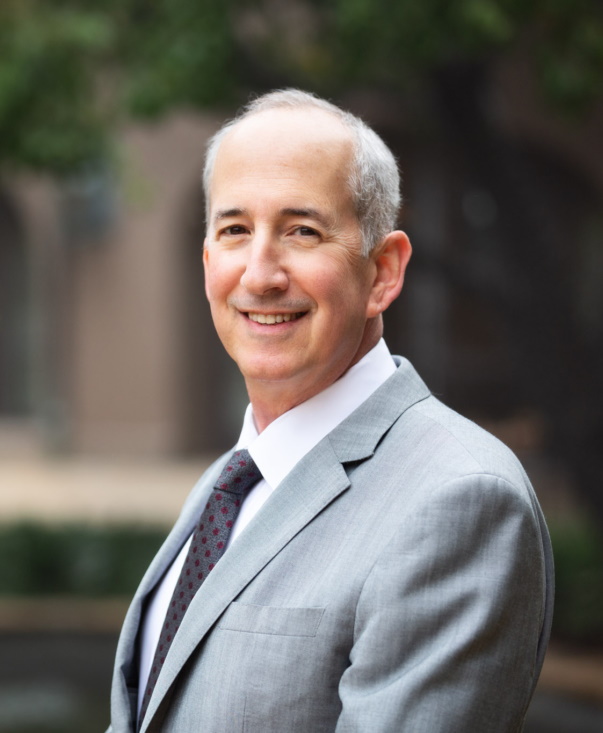
Eric D. Isaacs
President, Carnegie Institution for ScienceEric D. Isaacs is a condensed matter physicist and the 11th president of the Carnegie Institution for Science, a private, nonprofit research organization headquartered in Washington, D.C. As president of Carnegie Science, Dr. Isaacs leads the Institution’s investigators in forefront research in plant biology, developmental biology, Earth and planetary sciences, astronomy, and global ecology.
Dr. Isaacs came to Carnegie from the University of Chicago, where he served as the Robert A. Millikan Distinguished Service Professor in Physics and Executive Vice President for Research, Innovation and National Laboratories. In that role, he provided direct oversight of Argonne National Laboratory and Fermilab for the U.S. Department of Energy’s Office of Science. He also led the University’s founding-partner relationship with the Giant Magellan Telescope project. He previously served as ssProvost of the University of Chicago.
Dr. Isaacs spent five years as Director of Argonne, one of the nation's largest science and engineering research centers. As Argonne’s Director, Dr. Isaacs earned a reputation as a nationally recognized institutional strategist and advocate for scientific research and its importance in driving the U.S. economy. He joined the University and Argonne in 2003 as the founding director of the Center for Nanoscale Materials, where researchers study and create materials at the atomic and molecular scales.
He began his career as a postdoctoral fellow at Bell Laboratories, where he went on to serve as director of the semiconductor physics research and materials physics research departments.
Dr. Isaacs holds a Ph.D. in physics from the Massachusetts Institute of Technology and a bachelor's degree from Beloit College. He is a fellow of the American Physical Society and of the National Academy of Inventors. He has authored or co-authored more than 100 scholarly publications.
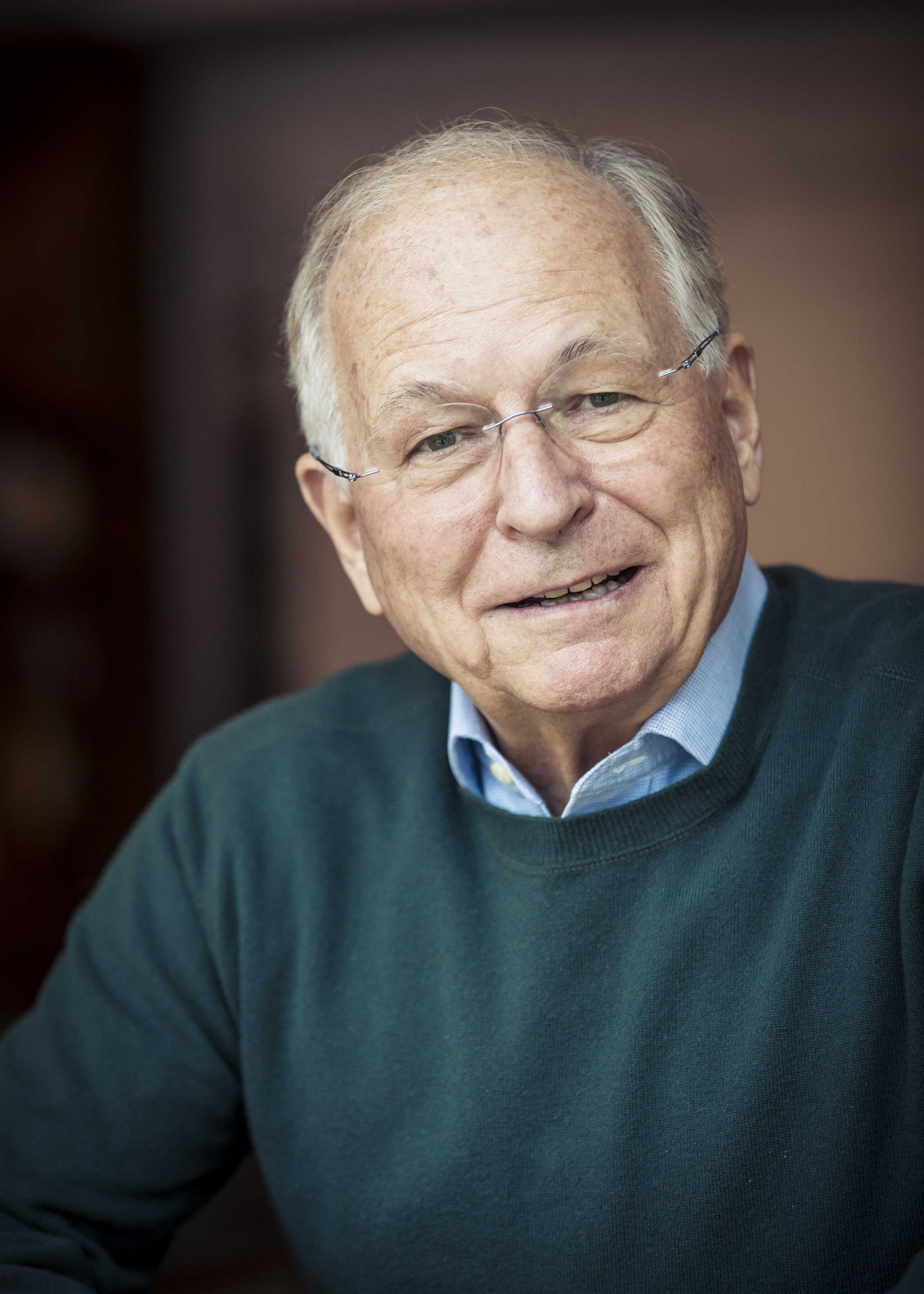
Wolfgang Ischinger
President of the Foundation Council of the Munich Security Conference FoundationWolfgang Ischinger is the President of the Munich Security Conference Foundation Council. He served as Chairman of the Munich Security Conference (MSC) from 2008 to 2022. Ischinger teaches at the Hertie School in Berlin and at the University of Tübingen and looks back at a long diplomatic career including his role as State Secretary in the German Ministry of Foreign Affairs and posts as German ambassador in Washington D.C. and London. Having served in the Executive Office of the Secretary-General of the United Nations (1973-75), Wolfgang Ischinger joined the German Foreign Service in 1975, followed by a distinguished diplomatic career. From 2006 to 2008, he was the Federal Republic of Germany's Ambassador in London and from 2001 to 2006 in Washington, DC. He served as Deputy Foreign Minister (State Secretary) of Germany from 1998 to 2001.
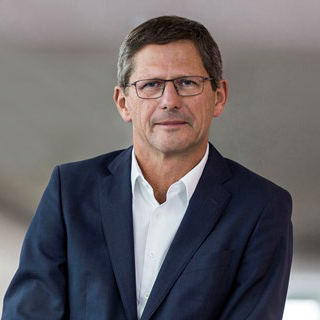
Michael Kaschke
Chair of the Supervisory Board at KIT Former CEO of Carl ZEISS AGProf. Dr. Michael Kaschke is President of the Stifterverband (Association of the German Industry for the
Promotion of Science). He is also Chairman of the
Supervisory Board of the Karlsruhe Institute of Technology (KIT), Member of the Shareholder of Robert Bosch.
Michael Kaschke was a member of the Executive Board of Carl Zeiss AG, the world leader in optical and optoelectronic solutions from 2000-2020 and its President
and CEO from 2011.
Michael Kaschke is also Professor at the Karlsruhe Institute of Technology (KIT), where he lectures on
optical medical technology and innovation process management.
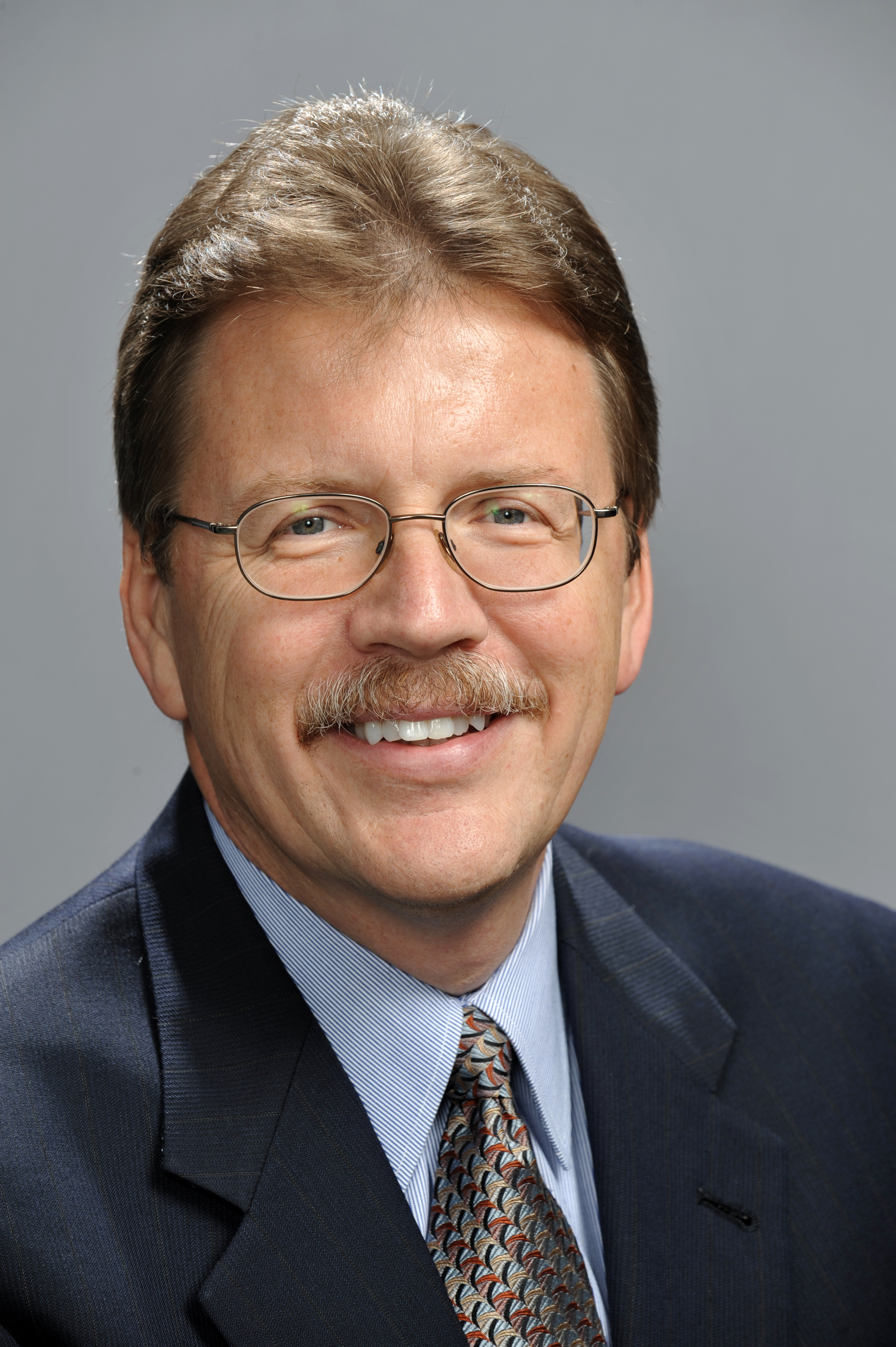
John E. Kelly III
IBM Executive Vice President - RetiredDr. John E. Kelly III recently retired after four decades of experience innovating and leading in the Information Technology industry. Throughout his distinguished career, he held significant technical and business roles, driving IBM's leadership in technologies ranging from semiconductors to supercomputers, and artificial intelligence (AI) to Quantum computing.
A champion of technology, technologists and business, he steered IBM’s leadership in U.S. patents for the last 28 years and created one of the largest and most important intellectual property licensing businesses in the world.
In his most recent role at IBM, Dr. Kelly was responsible for helping to guide IBM's global technical and business success. He oversaw IBM's enterprise-wide Intellectual Property, Security and Privacy, its academic, industrial, and government partnerships, as well as its technical community. He continues actively consulting in the technology industry.
Previously, Dr. Kelly served as senior vice president, Cognitive Solutions and IBM Research, where he oversaw IBM’s software business and Watson (the company’s AI platform), and its AI portfolio and investments. Under his leadership, IBM expanded the specialization of IBM Watson into many domains including health, security, analytics, industrial Internet of Things, and financial services.
Prior to this, Dr. Kelly served as senior vice president and director of IBM Research, where he expanded its global footprint across 12 laboratories in 10 countries. He and his team advanced the science of artificial intelligence through Watson, the groundbreaking system that defeated two standing Jeopardy! world champions in 2011 and woke the world to the reality and potential of AI.
Dr. Kelly joined IBM in 1980. Between 1980 and 2007, he held numerous management and technical positions related to the development and manufacturing of IBM’s advanced semiconductor technologies. He is a Fellow of the Institute of Electrical and Electronics Engineers (IEEE), a member of the National Academy of Engineering, and has received numerous national technology and leadership awards.
Dr. Kelly holds a Bachelor of Science in physics from Union College, and a Master of Science in physics and a Doctorate in materials engineering from Rensselaer Polytechnic Institute. He has also received three honorary Doctoral degrees.
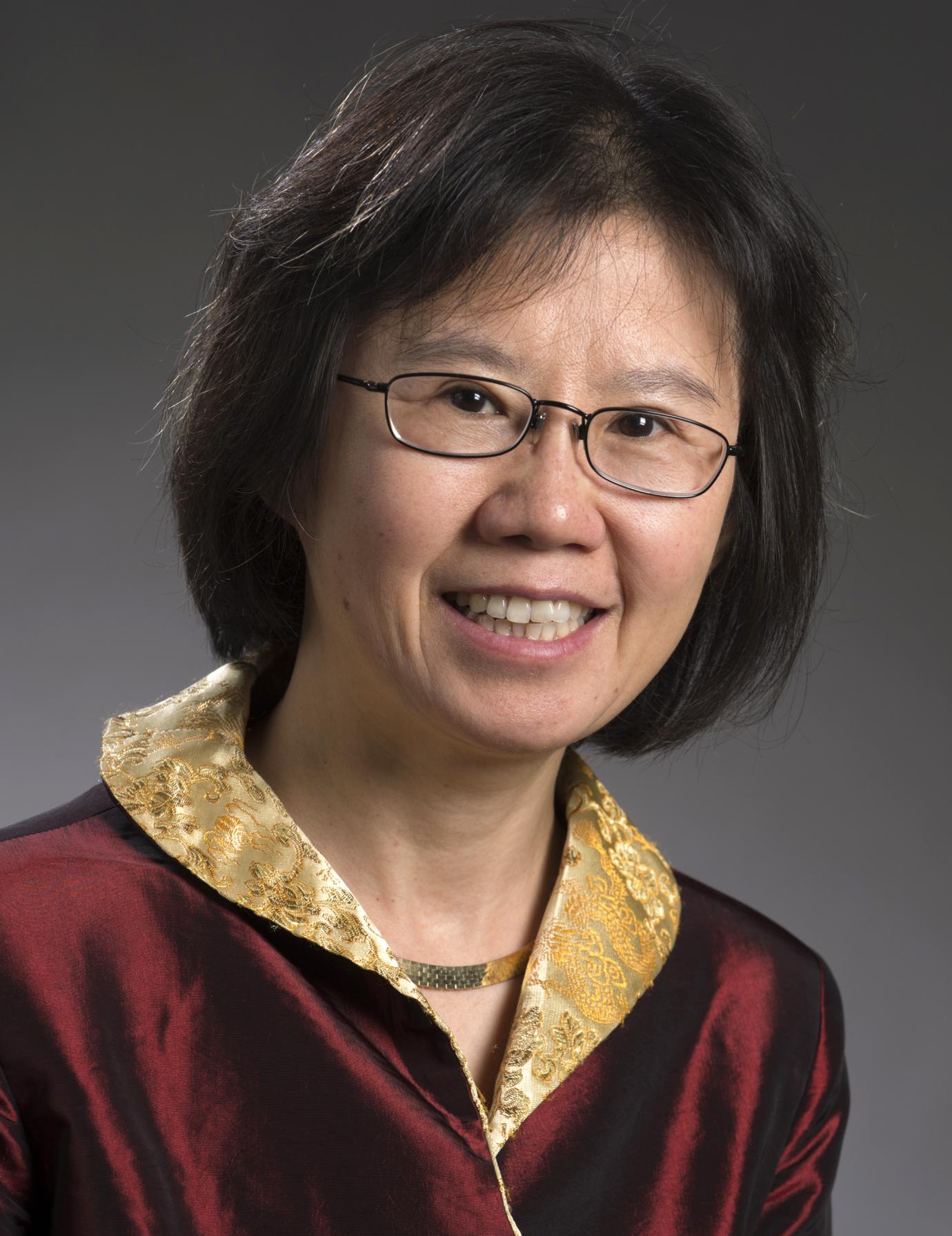
Young-Kee Kim
Louis Block Distinguished Service Professor Elected President (2024) of the American Physical SocietyYoung-Kee Kim is an experimental particle physicist and the Louis Block Distinguished Service Professor of Physics and Chair of the Department of Physics at the University of Chicago. She is Senior Advisor to the Provost for Global Scientific Initiatives. Between 2004 and 2006, she was the co-spokesperson (scientific leader) of the CDF experiment at Fermilab's Tevatron, a collaboration with more than 600 physicists from around the world. Between 2006 and 2013, she was Deputy Director of Fermi National Accelerator Laboratory (Fermilab). She has served on numerous national and international advisory committees, councils and boards. Young-Kee Kim has been elected future president of the American Physical Society and will assume the position in 2024.
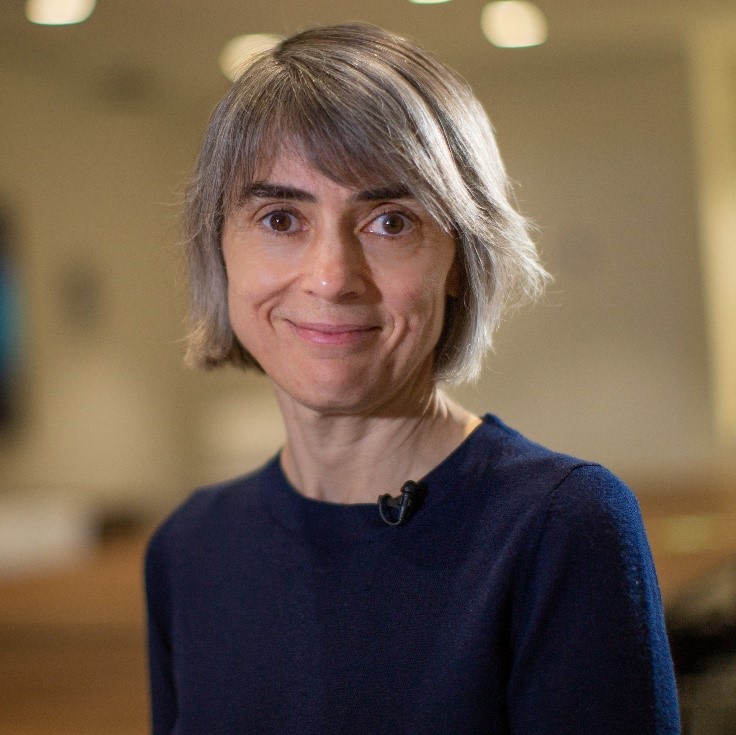
Ottoline Leyser
Chief Executive, UK Research and InnovationProfessor Dame Ottoline Leyser is the Chief Executive of UK Research and Innovation (UKRI) and Regius Professor of Botany at the University of Cambridge. Prior to this, she was the Director of the Sainsbury Laboratory, University of Cambridge. She has made important contributions to understanding the role of plant hormones in developmental plasticity, using the control of shoot branching in Arabidopsis as a model system. Ottoline Leyser has a long-term interest in research culture and its effects on the quality and effectiveness of the research system. She chaired the Nuffield Council on Bioethics project examining these issues and has been actively engaged in work aimed at generating a more inclusive, creative and connected culture. She has worked extensively in science policy.

Thomas Mason
President and CEO of Triad National Security, LLC (Triad) Director of Los Alamos National LaboratoryThomas (Thom) Mason is the President and CEO of Triad National Security, LLC (Triad) and serves as the Director of Los Alamos National Laboratory.
Most recently he was the Senior Vice President for Global Laboratory Operations at Battelle where he had responsibility for governance and strategy across the six National Laboratories that Battelle manages or co-manages.
Prior to joining Battelle, Thom worked at Oak Ridge National Laboratory (ORNL) for 19 years, including 10 years as the Laboratory Director. Under his leadership, ORNL saw significant growth in programs, new facilities, and hiring while achieving record low safety incident rates.
Before becoming Laboratory Director, he was Associate Laboratory Director (ALD) for Neutron Sciences, ALD for the Spallation Neutron Source (SNS), and Director of the Experimental Facilities Division.
During his time in Oak Ridge, Thom was active in the community serving as Chair of the Oak Ridge Public Schools Education Foundation as well as Innovation Valley, the Knoxville-Oak Ridge area regional economic development organization.
He moved to ORNL from the University of Toronto where he was a faculty member in the Department of Physics and previously worked as a Senior Scientist at Risø National Laboratory and a Postdoc at AT&T Bell Laboratories.
For the past 30 years, he has been involved in the design and construction of scientific instrumentation and facilities and the application of nuclear, computing, and materials sciences to solve important challenges in energy and national security.
Thom has a Ph.D. in Experimental Condensed Matter Physics from McMaster University and a BSc in Physics from Dalhousie University.
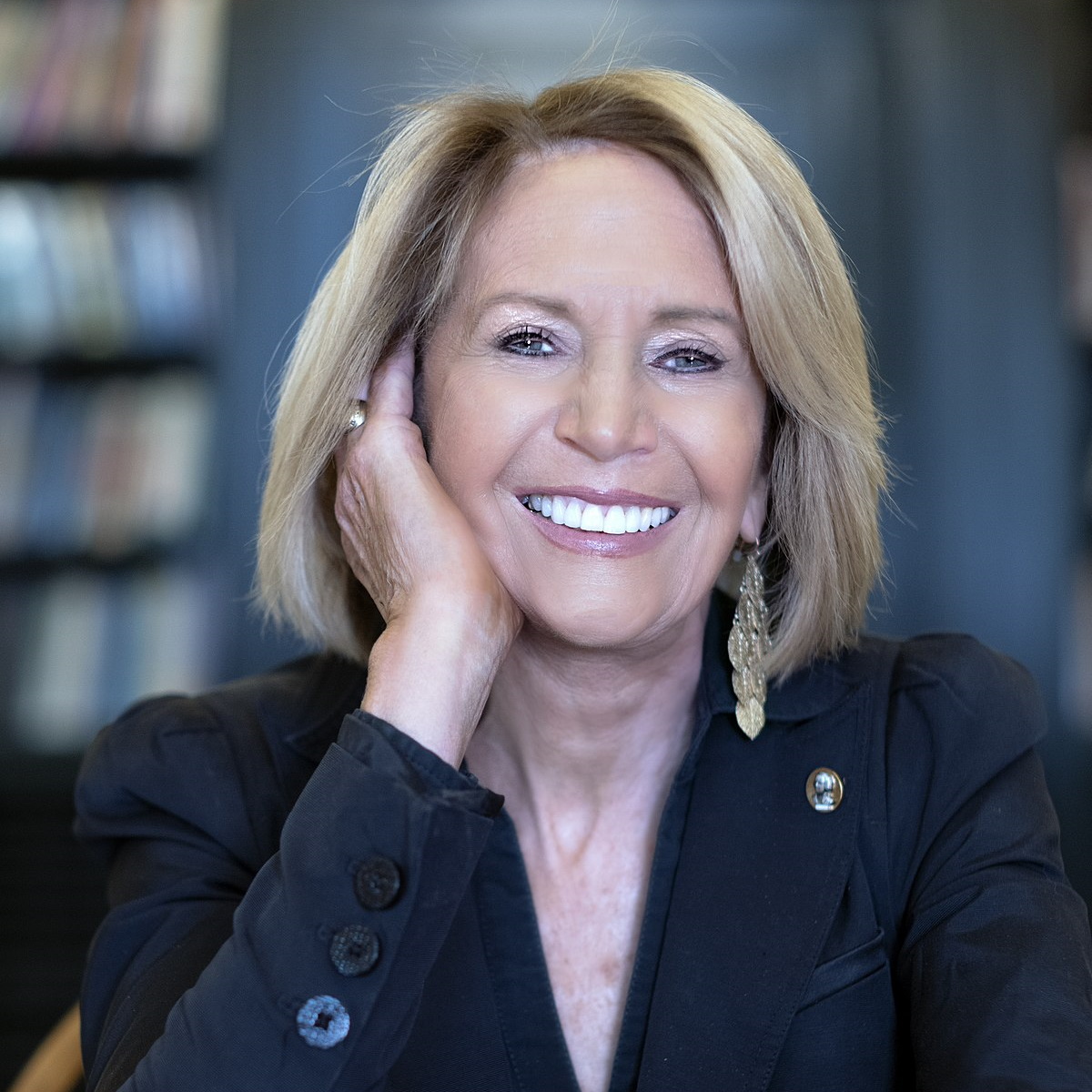
Marcia McNutt
President, The National Academy of Sciences NASMarcia McNutt is a geophysicist and president of the National Academy of Sciences. From 2013 to 2016, she served as editor-in-chief of the Science family of journals. Prior to joining Science, she was director of the U.S. Geological Survey (USGS) from 2009 to 2013. During her tenure, the USGS responded to a number of major disasters, including earthquakes in Haiti, Chile, and Japan, and the Deepwater Horizon oil spill. McNutt led a team of government scientists and engineers at BP headquarters in Houston who helped contain the oil and cap the well. She directed the flow rate technical group that estimated the rate of oil discharge during the spill’s active phase. For her contributions, she was awarded the U.S. Coast Guard’s Meritorious Service Medal.
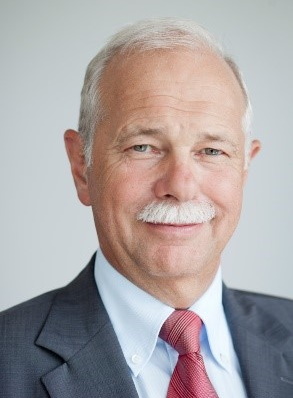
Jürgen Mlynek
Chairman of the Board of Trustees, Falling Walls FoundationJürgen Mlynek studied physics at the TU Hannover and the École Polytechnique in Paris. He became a Full Professor in Experimental Physics at the University of Konstanz. After 10 years researching and teaching in the field of experimental quantum optics, atomic physics and surface physics, he served as Vice-President of the German Research Foundation (DFG) from 1996 to 2001. In September 2000 he became President of the Humboldt University Berlin, which he developed into one of Germany’s leading universities. In 2005 he was elected as president of the Helmholtz Association of German Research Centers, the umbrella organisation of the national laboratories in Germany, where he served until 2015. Among his offices are Chairman of the Board of Trustees at the Falling Walls Foundation, Chairman of the Strategic Advisory Board of the European Quantum Technology Flagship Initiative, Chairman of the Foundation Board at the "Haus der kleinen Forscher", Chairman of the Board of Directors of the Wilhelm und Else Heraeus Foundation, as well as member of various university and science committees. Furthermore, he is a board member of the Holtzbrinck publishing group and of the company Carl Zeiss.
Mlynek has received numerous science and research prizes, and was awarded the Officer’s Cross of the Order of Merit of the Federal Republic of Germany in 2010.
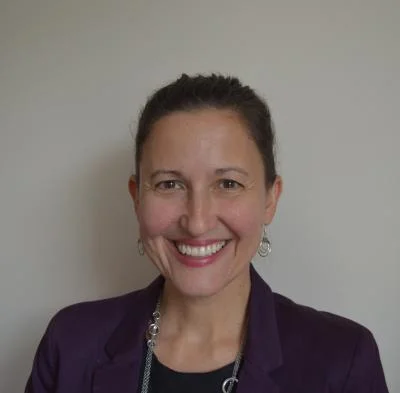
Kimberly Montgomery
Director of International Affairs and Science Diplomacy, AAASKim Montgomery is the Director of International Affairs and Science Diplomacy. In this role, she advises on bilateral and multilateral relationships and manages the AAAS Center for Science Diplomacy. She also serves as the Executive Editor of the policy journal Science & Diplomacy.
Kim has worked in science policy and international affairs in the U.S. and Austria. In Austria, she managed and advised on international relationships for the International Institute for Applied Systems Analysis (IIASA) and was a scientific consultant for the International Atomic Energy Agency (IAEA). Her U.S. experience includes six years at the U.S. House of Representatives as professional staff for the Committee on Science, Space, and Technology and as a legislative assistant for Representative Rush Holt (NJ-12). Directly prior to joining AAAS in 2021, Kim was a senior program officer at the Nuclear Threat Initiative (NTI) in the Scientific and Technical Affairs program.
Kim was an AAAS Science and Technology Policy Fellow at the National Science Foundation’s Office of Legislative and Public Affairs. She received her Ph.D. in psychology and neuroscience from Princeton University and has a bachelor’s degree in cognitive science from Northwestern University.
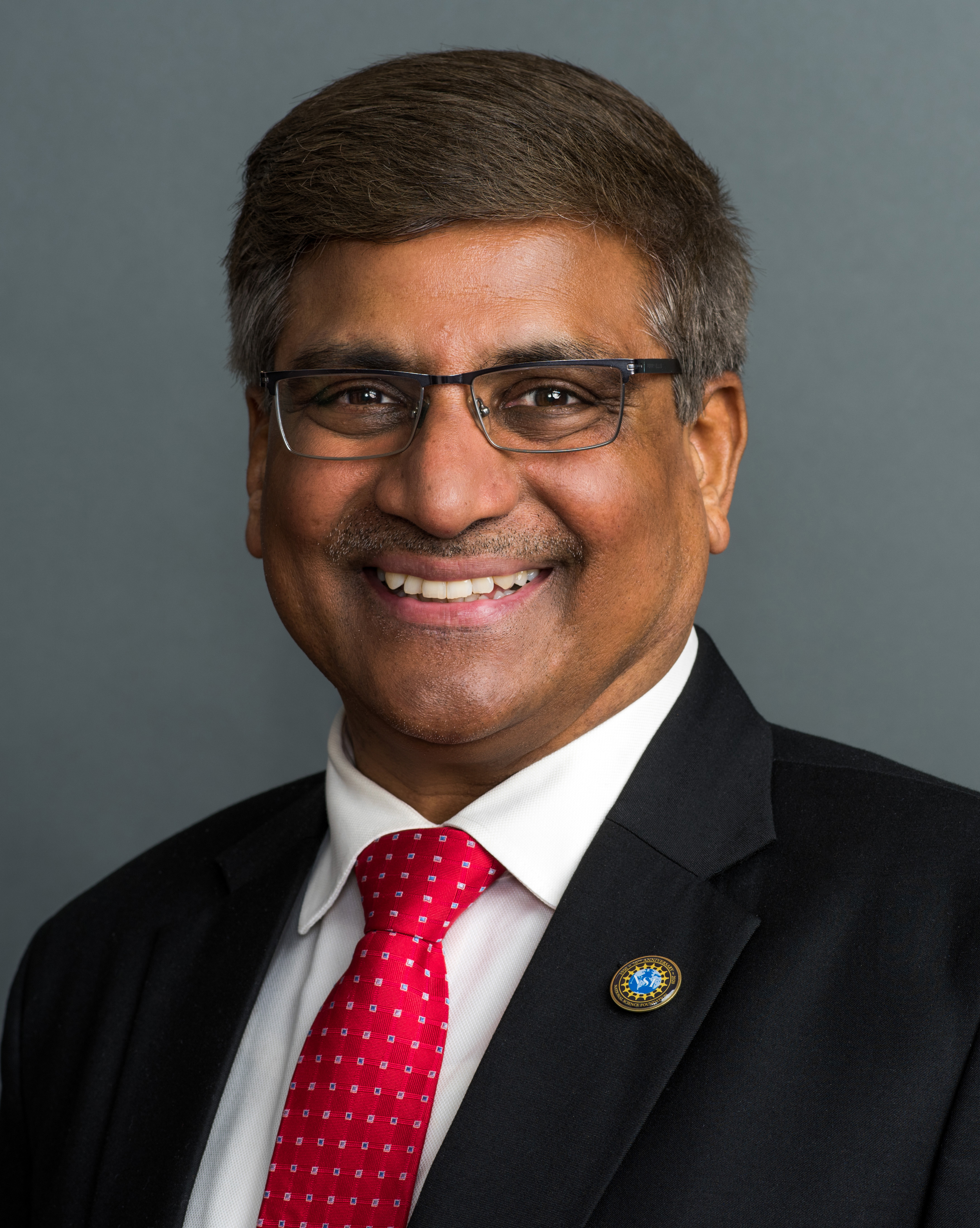
Sethuraman Panchanathan
Director, National Science FoundationThe Honorable Sethuraman Panchanathan is a computer scientist and engineer and the 15th director of the U.S. National Science Foundation (NSF). NSF is an $8.8B independent federal agency and the only government agency charged with advancing all fields of scientific discovery, technological innovation, and STEM education.
Dr. Panchanathan has a distinguished career in science, technology, engineering, and education that spans more than three decades. He served as executive vice president of the Arizona State University Knowledge Enterprise, where he also founded the Center for Cognitive Ubiquitous Computing. Prior to becoming director of NSF, Panchanathan served on the National Science Board for six years and has also served on and chaired numerous high-level research and innovation organizations. He is a fellow of the National Academy of Inventors, the American Association for the Advancement of Science, the Association for Computing Machinery, and other prestigious science and engineering organizations. Dr. Panchanathan’s scientific contributions have advanced the areas of human-centered multimedia computing, haptic user interfaces, person-centered ubiquitous computing technologies for empowering individuals with a range of abilities.
Sudip Parikh
Chief Executive Officer, AAASSudip Parikh, PhD, AAAS became executive publisher of the Science family of journals in January 2020. The son of Indian immigrants, Parikh completed undergraduate studies at the University of North Carolina at Chapel Hill. Early in his career Parikh was a Presidential Management Intern at the NIH and was awarded a National Science Foundation Graduate Research Fellowship while earning his Ph.D. in macromolecular structure and chemistry from the Scripps Research Institute in La Jolla, CA. He has spent two decades at the nexus of science, policy, and business and is an active member of the scientific advocacy community.

Martin Penny
European Commission, Directorate-General for Research and InnovationDr Martin Penny is a Head of Unit for International Cooperation in the Directorate General Research and Innovation (DG R&I) in the European Commission. His Unit covers the EU’s international relations in R&I with the Americas, Australia, New Zealand, Russia and Central Asia, implementing the recently adopted EU strategy for international cooperation in research and innovation: ‘The Global Approach for Research and Innovation’. Previously Martin worked in the European Research Council Executive Agency, as Head of Unit for Physical Sciences and Engineering and as Head of Unit for the Coordination of Call and Project Follow-Up procedures. Between 2005 and 2014, Martin held a series of policy posts in DG R&I in international relations, programme design, and as the political assistant to the Director-General. He worked for the UK Research Councils between 1997 and 2005, including five years as the Director of the Research Councils' Brussels Office. Martin has a PhD in synthetic organic chemistry (Bristol University), an MSc in science and society (Open University), and held postdoctoral research positions in biological and medicinal chemistry at Arizona State University, the University of Manchester and l’Université catholique de Louvain.
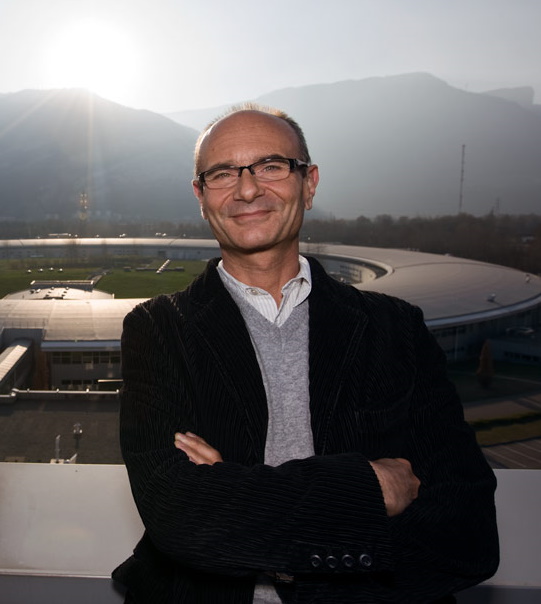
Francesco Sette
Director General of the ESRFFrancesco Sette co-invented the world's first high-energy-resolution, high-intensity soft X-ray source, which quickly found its way into many synchrotron light facilities around the globe and developed a new generation of inelastic X-ray scattering beamlines.
In 2009, he took up the post of Director General as the fourth Director General of the ESRF. Sette has served as a member of the Advisory Committees of major light sources, including The European X-FEL in Hamburg (Germany), the LCLS at Stanford National Accelerator Laboratory (USA) and the Scientific Council at DESY.
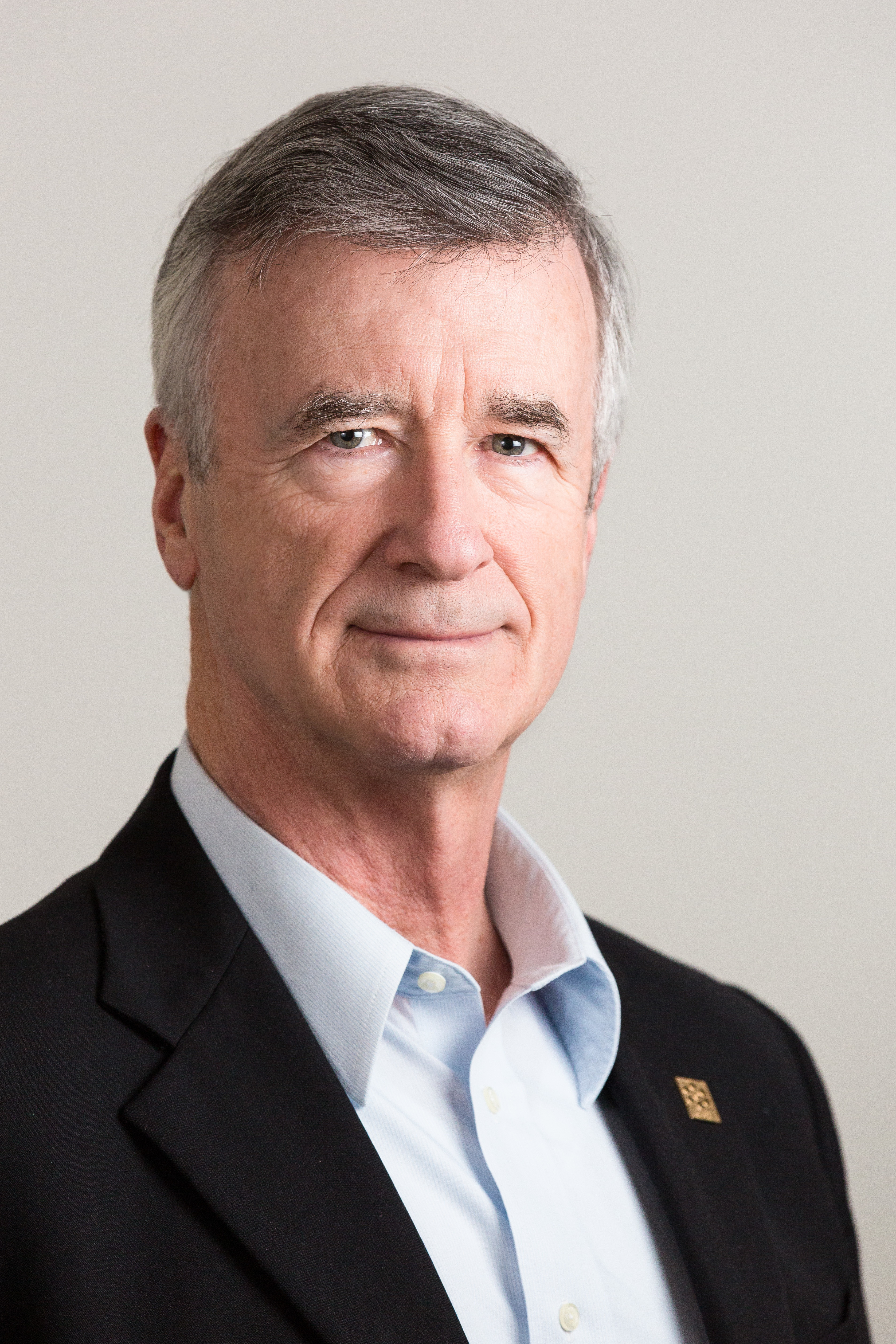
Robert Shelton
President, Giant Magellan TelescopeDr. Robert Shelton is President of the GMTO Corporation, the international non-profit organization building the Giant Magellan Telescope. Prior to joining the Giant Magellan Telescope in 2017, Dr. Shelton was the President of the Research Corporation for Science Advancement, America’s first foundation dedicated solely to funding science.
As a distinguished physicist, Dr. Shelton studied experimental condensed matter focusing on novel materials and their properties.
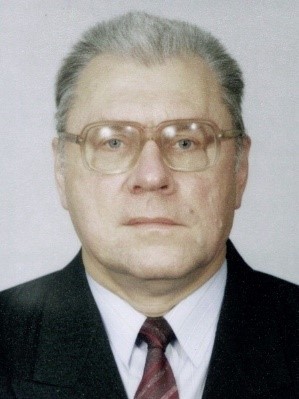
Mykola Shul'ga
Academician of the National Academy of Science of Ukraine Director General of the National Science Center Kharkiv Institute of Physics and TechnologyNikolai Shulga was born in Kharkiv, and graduated from Kharkiv University in 1971. Since 1973 he has been working in Kharkiv Institute of Physics and Technology and since 1997 has been the Director of the Akhiezer Institute of Theoretical Physics. Since 2015 he has served as the Academician-Secretary of the Department of the NAS of Ukraine and the Director General of the National Science Center "Kharkiv Institute of Physics and Technology" as well.
His scientific research concerns quantum electrodynamics, physics of electromagnetic phenomena at high energies in matter, computational physics. He built the theories of coherent radiation of relativistic electrons in crystals, electromagnetic showers in crystals, the passage of high-energy particles through straight and bent crystals and nanotubes, the phenomena of dynamic chaos during the movement of particles in the periodic structures of atoms.
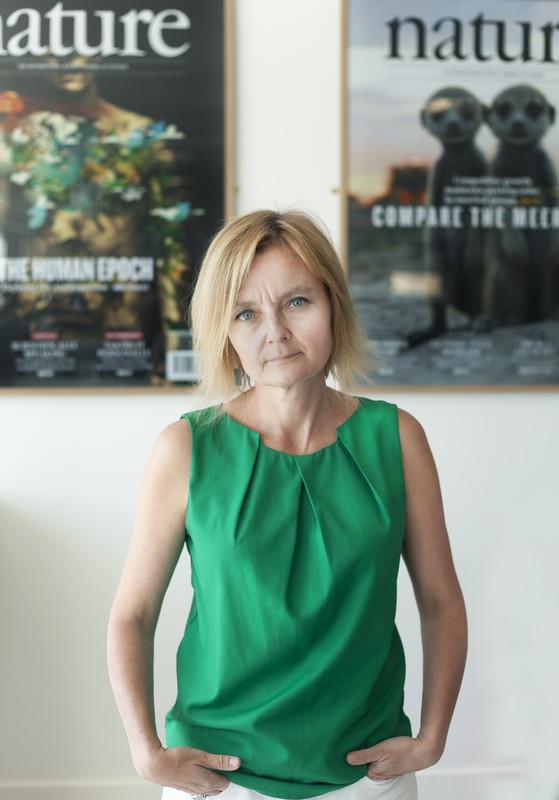
Magdalena Skipper
Editor in Chief, NatureMagdalena Skipper is Editor in Chief of Nature and Chief Editorial Advisor for the Nature portfolio. Previously, she served as Editor in Chief of Nature Communications, Executive Editor for the Nature Partner portfolio, Senior Editor at Nature and Chief Editor of Nature Reviews Genetics. She has a keen interest in promoting open science practices and publishing innovation that looks beyond standard manuscript publishing. In her role as Editor in Chief of Nature, she works towards fostering interdisciplinary and collaborative research, with an emphasis on inclusion across diverse stakeholder groups. A geneticist by training, she holds a PhD from the University of Cambridge, UK. She sits on the advisory board of the Centre for Personalized Medicine at the University of Oxford, the newly created Einstein Foundation for Promoting Quality in Research and the NAS Strategic Council for Research Excellence, Integrity and Trust. She presides over the jury for the Nature Award for Mentoring in Science and the Nature Award for Inspiring Women in Science. She is a Fellow of the International Science Council.
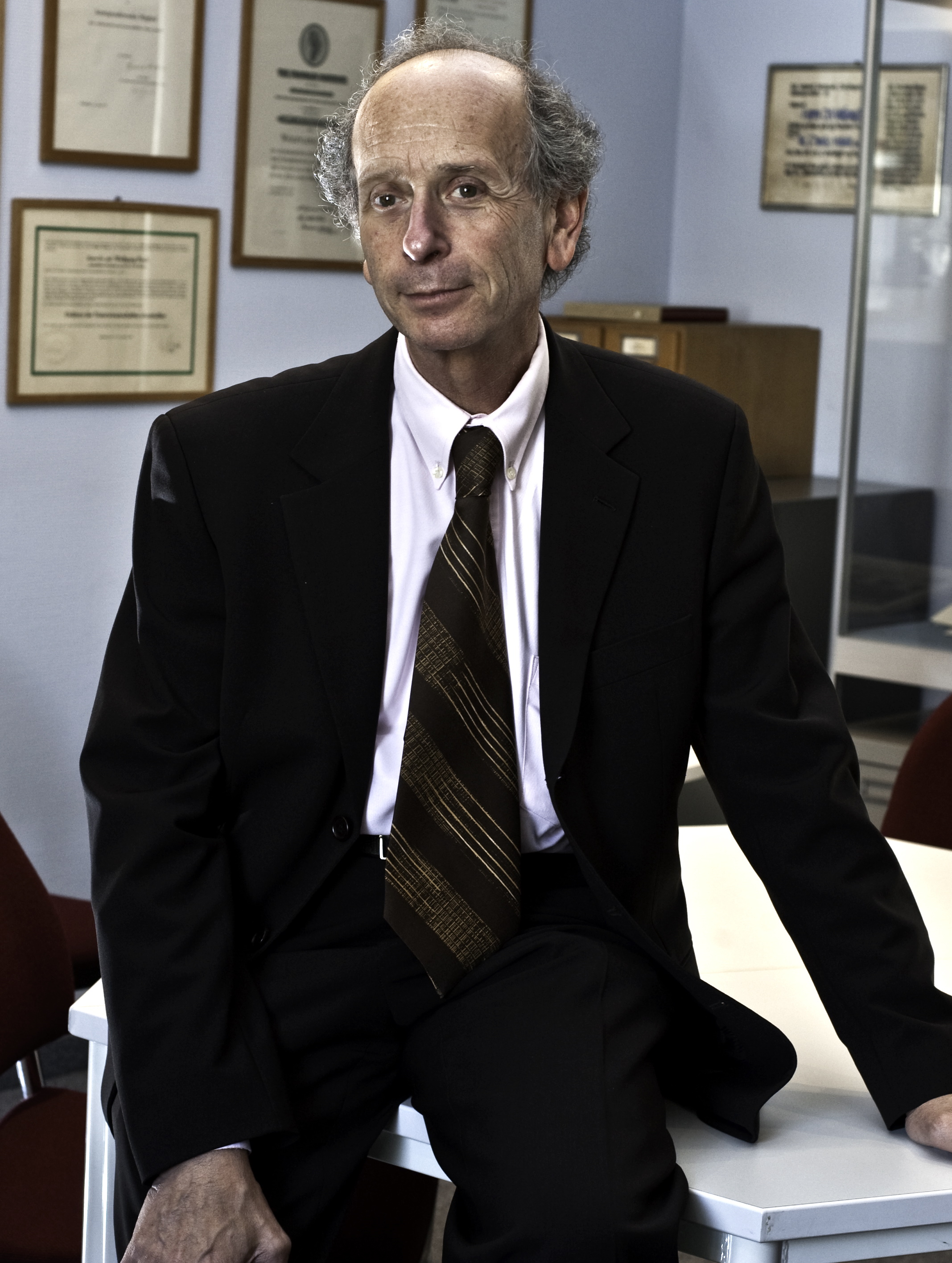
Michel Spiro
President of the International Union of Pure and Applied Physics IUPAP Chair of the Steering Committee of the International Year of Basic Sciences for Sustainable DevelopmentMichel Spiro (76y), former President of CERN Council (2010-2012), former director of IN2P3 (National Institute for Nuclear Physics and Particle Physics) in CNRS (2003-2010), is now Emeritus Research Director at CEA, Past President of the French Physical Society and President of IUPAP (International Union of Pure and Applied Physics). He is also chair of the Steering Committee of the International Year of Basic Sciences for Sustainable Development in 2022 and chair of the board of the Foundation CERN & Society.
He is fellow of the European Physical Society, “Officier dans l’ordre de la Légion d’honneur” and “Officier dans l’Ordre du Mérite”. He received many prizes.
His research extended from particle physics experiments at CERN (W and Z discovery) to astroparticle physics experiments (detection of solar neutrinos and search for dark matter). He wrote many books.
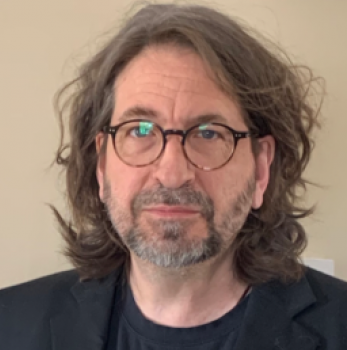
Rick Stevens
Associate Laboratory Director for Computing, Environment and Life Sciences, ANLRick Stevens is a Professor of Computer Science at the University of Chicago as well as the Associate Laboratory Director of the Computing, Environment and Life Sciences (CELS) Directorate and Argonne Distinguished Fellow at Argonne National Laboratory.
In these, and in numerous other roles, he is responsible for ongoing research in the computational and computer sciences from high-performance computing architecture to the development of tools and methods for bioinformatics, cancer, infectious disease, and other problems in science and engineering. Recently, he has focused on developing AI methods for a variety of scientific and biomedical problems, and also has significant responsibility in delivering on the U.S. national initiative for Exascale computing and developing the DOE’s AI for Science national initiative.
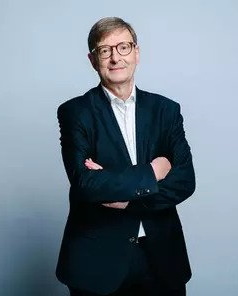
Otmar D. Wiestler
President, Helmholtz AssociationOtmar D. Wiestler was born in Freiburg (Breisgau, Germany) on 6 November 1956. After completing his medical studies at the University of Freiburg, he obtained his Doctorate in Medicine in 1984 (summa cum laude). Between 1984 and 1987 he was a postdoctoral researcher at the Department of Pathology at the University of California, San Diego, USA. He then changed to the University Hospital Zurich in Switzerland, where he qualified as University Lecturer in Pathology. In 1992 the University of Bonn appointed him as Professor for Neuropathology and Director of the Institut für Neuropathologie where he helped to establish a large neuroscientific research center. Between January 2004 and August 2015 Professor Wiestler led, as Chairman of the Executive Board and Scientific Director, the German Cancer Research Center in Heidelberg (DKFZ), which is one of the leading institutions in cancer Research in the world. He was appointed as President of the Helmholtz Association on 1 September 2015.
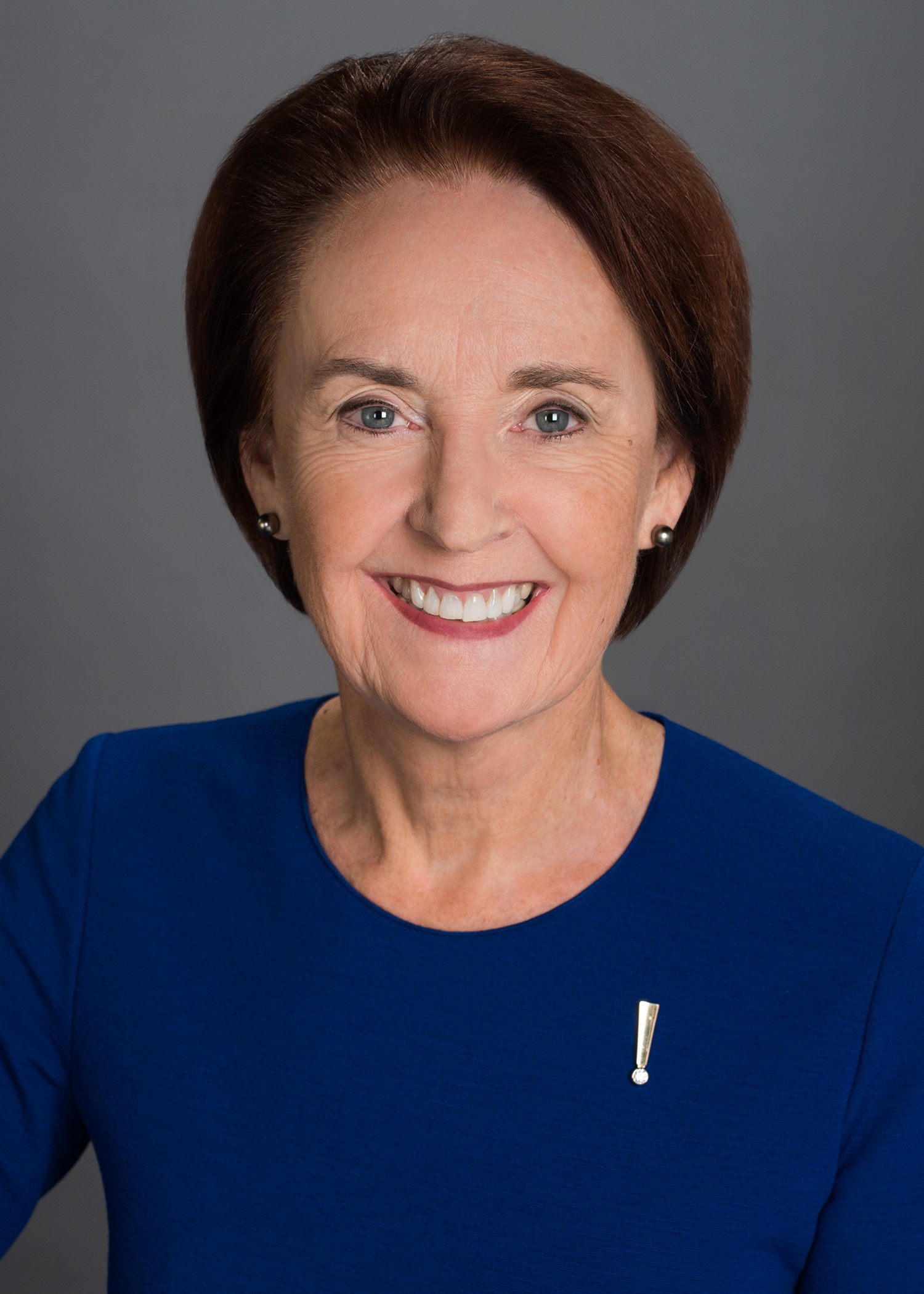
Mary Woolley
President, Research!AmericaMary Woolley is the president of Research!America, an alliance that advocates for science, discovery, and innovation to achieve better health for all. Woolley is an elected member of the National Academy of Medicine and served two terms on its Governing Council. She is a Fellow of the American Association for the Advancement of Science. She has served on the National Academy of Sciences Board on Higher Education and the Workforce, having previously served on its Board on Life Sciences. She is a Founding Member of the Board of Associates of the Whitehead Institute for Biomedical Research and served two terms on the University of Chicago Pritzker School of Medicine Council. She has served on the School of Public Health Visiting Committee of the Harvard College Board of Overseers and on the Council for Johns Hopkins Nursing. She holds honorary doctoral degrees from Wayne State University and Northeast Ohio Medical University (NEOMED). In her early career she was the project director for the San Francisco site of the then largest ever NIH-funded clinical trial, the Multiple Risk Factor Intervention Trial, and served as CEO of the Medical Research Institute of San Francisco. She served as president of the Association of Independent Research Institutes, as a reviewer for the National Institutes of Health and the National Science Foundation, and as a consultant to several research organizations. Woolley has a 35-year publication history on science advocacy and research related topics, and is a sought-after speaker, often interviewed by science, research, and policy journalists.
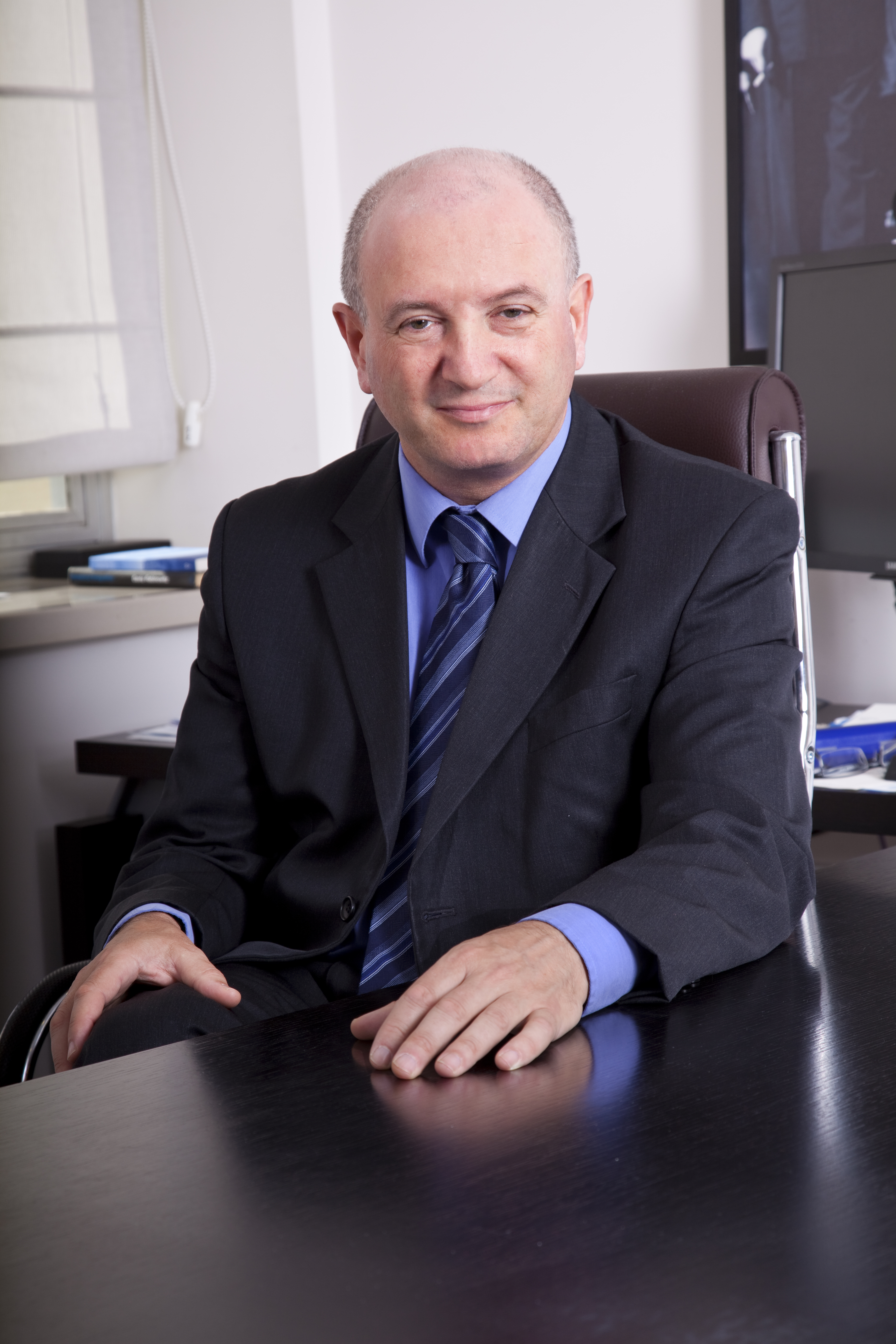
Daniel Zajfman
Chair of the Academic Board, Israel Science Foundation Former President of the Weizmann Institute of ScienceBorn in Belgium, in 1959, Daniel Zajfman moved to Israel in 1979. He received a BSc (1983) and a PhD in atomic physics (1989) from the Technion - Israel Institute of Technology, followed by a Post-Doctoral at the Argonne National Laboratory, in the US. In 1991, he joined the staff of the Weizmann Institute's Department of Particle Physics (now the Department of Particle Physics and Astrophysics). Since 2001, he has been an external member of the Max Planck Institute of Nuclear Physics in Heidelberg, Germany. Between 2006 and 2019, he served as the tenth President of the Weizmann Institute of Science, becoming, at the age of 47, the youngest president the Institute ever had. Since 2020, he is the Chair of the Academic Board of the Israel Science Foundation, the main competitive research funding agency focused on basic research.
